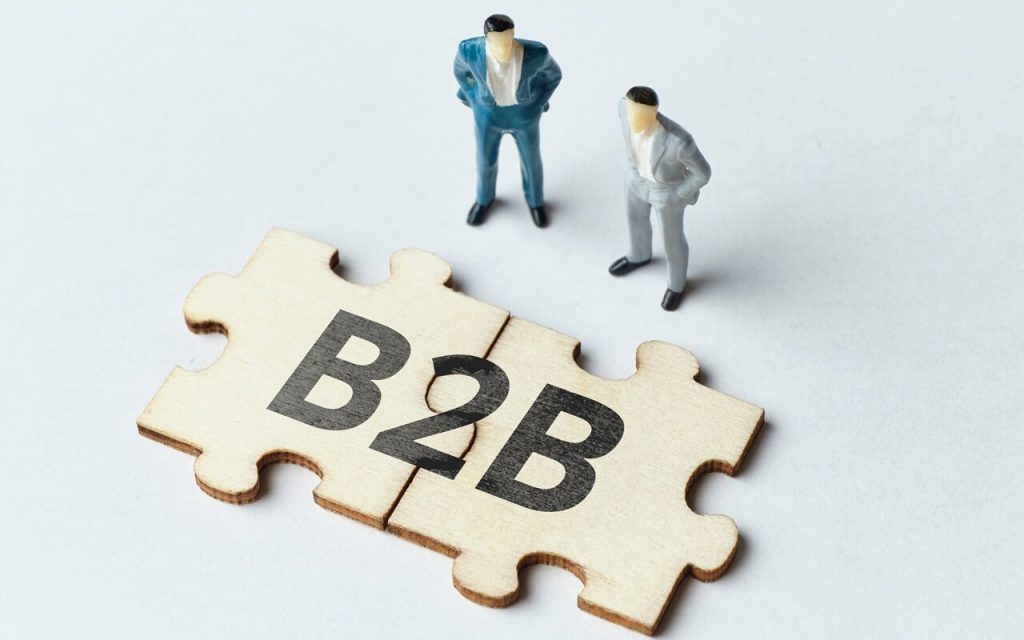
- Travel

Customer loyalty in the B2B sector is the foundation of long-term business development. However, understanding who exactly a loyal B2B client is requires analyzing several key aspects such as their expectations, engagement, and impact on the business. Loyalty in this segment differs significantly from the B2C sector, mainly due to the nature of relationships, which are more complex and based on long-term cooperation. Therefore, it is worth understanding why loyalty is so valuable, how to build it, and when it might be worth giving up on further nurturing it.
In the case of B2B clients, loyalty is not based solely on emotions or spontaneous purchase decisions, as it often is in the consumer sector. Here, the loyalty process is more deliberate and based on mutual trust, transparency, and professionalism. A loyal B2B client regularly uses the supplier’s products or services, and the value of their transactions is high due to trust in the quality of the offered solutions. Such clients often promote the supplier within their business network through recommendations.
In B2B relationships, loyalty concerns not only the product or service but also the entire customer experience resulting from the cooperation. Interpersonal contacts also play an important role in strengthening relationships between companies, building them on the foundation of trust.
Acquiring a new B2B client is significantly more expensive than retaining an existing one. The sales process in this segment involves lengthy negotiations, offer customization, and often training and post-sale support. Maintaining a loyal B2B client brings companies benefits such as:
Loyalty in B2B can be analyzed on two levels. The first is behavioral loyalty, which means concrete client actions such as repeat purchases, participation in loyalty programs, or using additional services.
The second is emotional loyalty, which refers to the client’s sense of attachment and trust in the company. Emotionally loyal clients are less susceptible to competition and more willing to engage in long-term cooperation.
Both forms of loyalty are interconnected and together form the foundation of lasting business relationships.
Building loyalty in the B2B sector requires a strategic approach that considers the specific needs of clients. Here are some proven methods:


